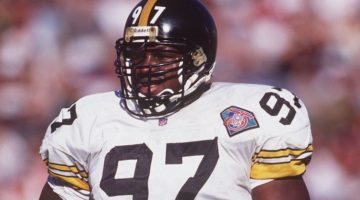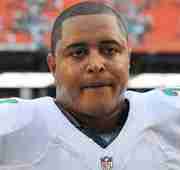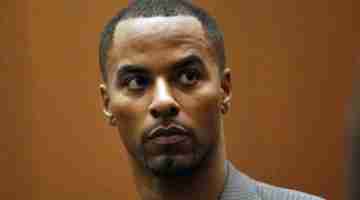 NEW YORK — The NBA charged Donald Sterling on Monday with damaging the league and its teams with his racist comments, setting up a June 3 hearing after which owners could vote to terminate his ownership of the Los Angeles Clippers. The league also said Sterling has engaged in other conduct that has impaired its relationship with fans and merchandising partners.
NEW YORK — The NBA charged Donald Sterling on Monday with damaging the league and its teams with his racist comments, setting up a June 3 hearing after which owners could vote to terminate his ownership of the Los Angeles Clippers. The league also said Sterling has engaged in other conduct that has impaired its relationship with fans and merchandising partners.
“All of these acts provide grounds for termination under several provisions of the NBA constitution and related agreements,” the league said in a statement.
Sterling was banned for life and fined $2.5 million by Commissioner Adam Silver after the release of a recording in which he made racist remarks. He has until Tuesday, May 27, to respond to the charge, and has the right to appear at the hearing and make a presentation before the board of governors. He has the right to a lawyer at the hearing but strict courtroom rules of evidence would not apply.
Minnesota Timberwolves owner Glen Taylor, the board chairman, will preside over the hearing which is planned for two days before the start of the NBA Finals.
If three-fourths of the other 29 owners vote to sustain the charge, Sterling will be forced to sell the team he has owned since 1981.
Silver has said he is confident he has the votes.
Sterling told a female friend, V. Stiviano, not to bring blacks to Clippers games during their conversation, which was recorded. Sterling specifically mentioned Magic Johnson, then criticized the NBA Hall of Famer again as a poor role model during a recent interview with CNN.
“Among other things, Mr. Sterling disparaged African-Americans and ‘minorities’; directed a female acquaintance not to associate publicly with African-Americans or to bring African-Americans to Clippers games; and criticized African-Americans for not supporting their communities,” the NBA said.
The league also charged Sterling with issuing a false and misleading media statement about the matter.
Article 13 of the NBA’s constitution, which deals with termination of ownership, states that one of the conditions is if an owner fails or refuses “to fulfill its contractual obligations to the Association, its members, players, or any other third party in such a way as to affect the Association or its members adversely.’’
A number of sponsors suspended their deals with the Clippers in the wake of Sterling’s remarks, potentially hurting league revenues, and players have said they would consider refusing to play next season.
“Mr. Sterling’s actions and positions significantly undermine the NBA’s efforts to promote diversity and inclusion; damage the NBA’s relationship with its fans; harm NBA owners, players and Clippers team personnel; and impair the NBA’s relationship with marketing and merchandising partners, as well as with government and community leaders,”’ the league said.
If Sterling does not respond to the charge within five business days, or does not appear at the hearing, it would be deemed an admission of the “total validity of the charges as presented,” according to the league constitution.
But even the players who want him out believe Sterling will fight and his attorney sent a letter to the league last week informing it that Sterling wouldn’t be paying the fine.
A message on the office voicemail of Sterling’s lawyer, Maxwell Blecher, said he would have no comment now.
Sterling’s estranged wife Shelly has said she will fight to keep her 50 percent share of the team even if Donald Sterling is forced to sell. But the league said in its statement that “all ownership interests in the Clippers will be terminated”’ if the charge is upheld.
Shelly Sterling’s attorney, Pierce O’Donnell, said he was reviewing the charges.
“Based on our initial assessment, we continue to believe there is no lawful basis for stripping Shelly Sterling of her 50 percent ownership interest in the Clippers,” O’Donnell said in a statement Monday. “She is the innocent estranged spouse. We also continue to hope that we can resolve this dispute with the NBA for the good of all constituencies.”












No Comment